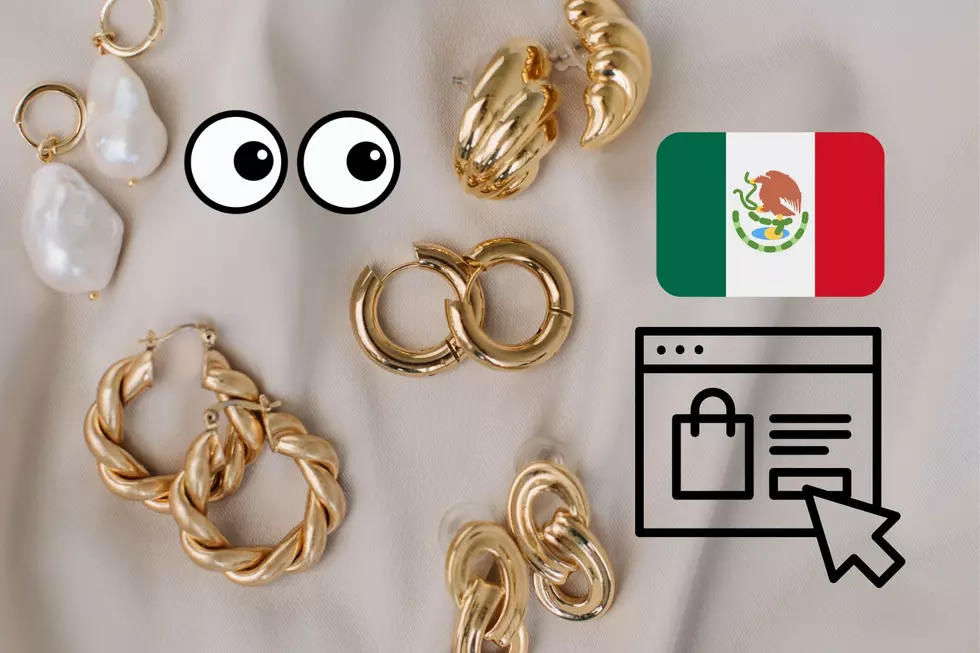
IRS Issues Warning About ‘Ghost’ Tax Preparers Before Start Of Tax Season
We're just days away from the start of the 2020 tax season - yes, 2020, because we're talking about your taxes from last year. The IRS is now issuing a new warning against 'ghost' tax preparers and what you need to look out for.
So just what do we mean by 'ghost'? According to the IRS, a ghost preparer does not sign a tax return they prepare. Unscrupulous ghost preparers will print the return and tell the taxpayer to sign and mail it to the IRS. For e-filed returns, the ghost will prepare but refuse to digitally sign as the paid preparer.
The moves essentially leave them untraceable.
The IRS says, by law, anyone who is paid to prepare or assists in preparing federal tax returns must have a valid Preparer Tax Identification Number, or PTIN. Paid preparers must sign and include their PTIN on the return.
Your preparer not including their PTIN is the first red flag.
What else should you look out for? Ghost tax return preparers may also:
- Require payment in cash only and not provide a receipt.
- Invent income to qualify their clients for tax credits.
- Claim fake deductions to boost the size of the refund.
- Direct refunds into their bank account, not the taxpayer's account.
So how do you go about making sure you pick the right tax professional? The IRS says that you need to remember that anyone can be a paid tax return preparer as long as they have an IRS Preparer Tax Identification Number (PTIN). To make it easier for you, the IRS provides you with a RPO Preparer Directory where you can search for qualified and professional credentials in your area. Skip the hassle!
Taxpayers can report preparer misconduct to the IRS using IRS Form 14157, Complaint: Tax Return Preparer PDF. If a taxpayer suspects a tax preparer filed or changed their tax return without their consent, they should file Form 14157-A, Tax Return Preparer Fraud or Misconduct Affidavit PDF.
KEEP READING: See the richest person in every state
More From KKTX FM









